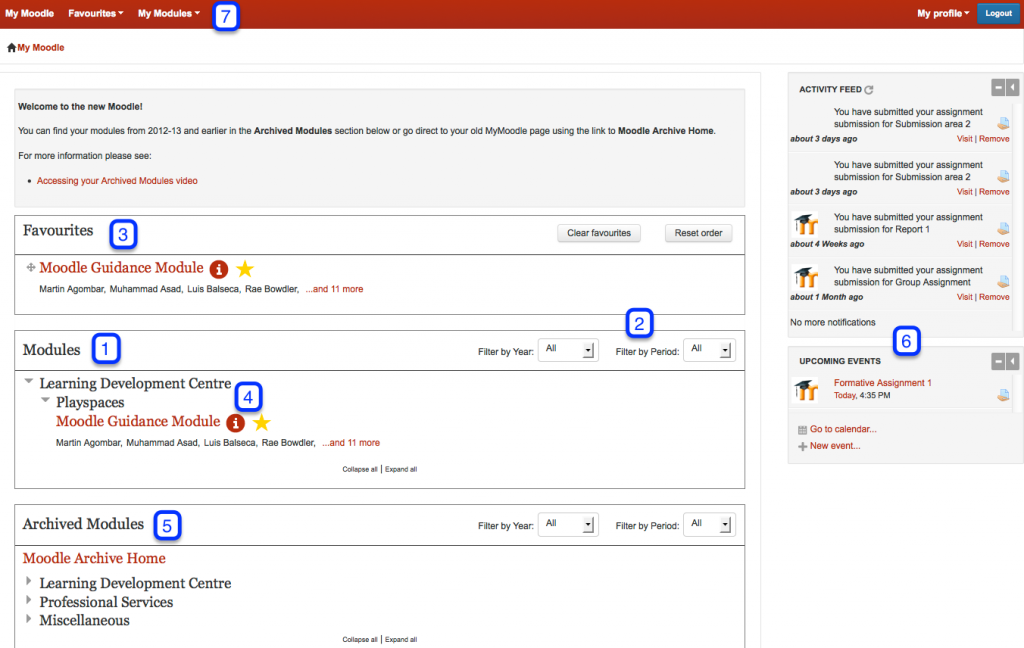Group work is one of the educational strategies, that if employed well, can promote collaboration and participation amongst students. Group work can also nurture a more active and deeper learning experience and can provide lecturers with valuable insights into the way students understand particular topics and or concepts. In addition to exposing students to different…Continue Reading Moodle 2: A guide to enabling groupwork
Moodle 2: A guide to enabling groupwork









